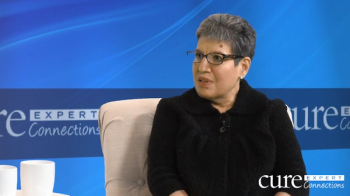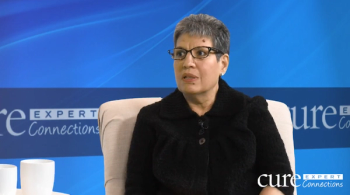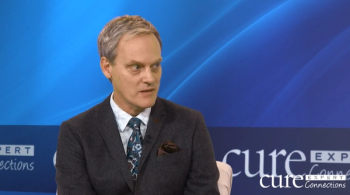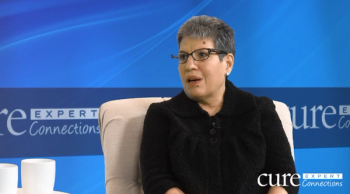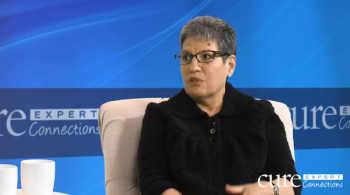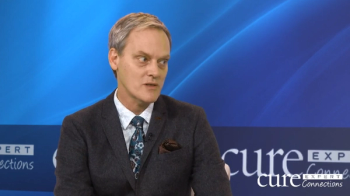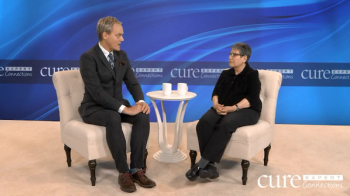
Cancer affects many aspects of a person’s life, such as the overall quality of their day-to-day living, but what if a person didn’t have the full-blown disease already? Could a precursor or asymptomatic stage of the disease still burden them?

Cancer affects many aspects of a person’s life, such as the overall quality of their day-to-day living, but what if a person didn’t have the full-blown disease already? Could a precursor or asymptomatic stage of the disease still burden them?
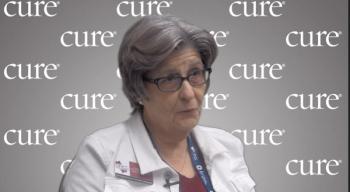
A two-drug regimen improved outcomes for patients with myeloma when given before a stem cell transplant.

Researchers are considering whether some smoldering myelomas warrant treatment and which regimens are best.

When diagnosing patients with multiple myeloma, it is important to identify the specific stage, mutations and risk level of the disease to determine the most effective treatment method, according to Jeffrey Wolf, M.D.
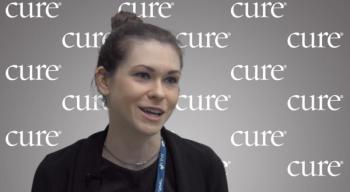
A lack of vitamin D can have major impacts on myeloma treatment outomes.

Four oncology nurses were recognized during the inaugural event for their efforts to prioritize the health of patients’ bone health during treatment.

It takes a lot to call something a revolution in medicine ... The most important, of course, is its impact on people’s lives — particularly, a cure for illness or a major extension of life. A revolution also implies a sweeping cataclysmic change, one that is disruptive and boldly states that things will no longer be the same.

In pretreated multiple myeloma, experimental CAR-T cell immunotherapy offers the potential for long-term — and possibly even permanent — remission.

The Food and Drug Administration (FDA) granted approval to Darzalex (daratumumab) in combination with Velcade (bortezomib), melphalan and prednisone – also known as VMP – for the treatment of patients with newly diagnosed multiple myeloma who are ineligible for autologous stem cell transplant (ASCT).

One expert discusses current standard-of-care regimens as well as new combinations on the horizon for patients with myeloma who are not eligible to receive a stem cell transplant.

Nearly 17 years after the terror attack, researchers examine World Trade Center environmental factors and cases of multiple myeloma.

There are a number of different treatment options for patients with relapsed myeloma, and it is important that patients and providers dicuss health history to determine which one is best.

In this week's episode of CURE Talks Cancer, we spoke with Kimberly Alexander, who became an advocate for minority health after her husband was diagnosed with multiple myeloma.

Although the amount of treatment options for the frontline setting of multiple myeloma may be limited, extensive research is helping these efforts along.
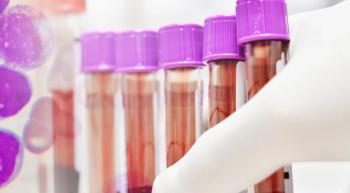
Simply knowing who to screen, and when, could reduce myeloma-related mortality rates, according to recent research.

When I recited my wedding vows to Eli in 1995, I never expected to be his caregiver. At the time, Eli was seemingly at the peak of good health and in the middle of his nine-year career as a professional linebacker.
